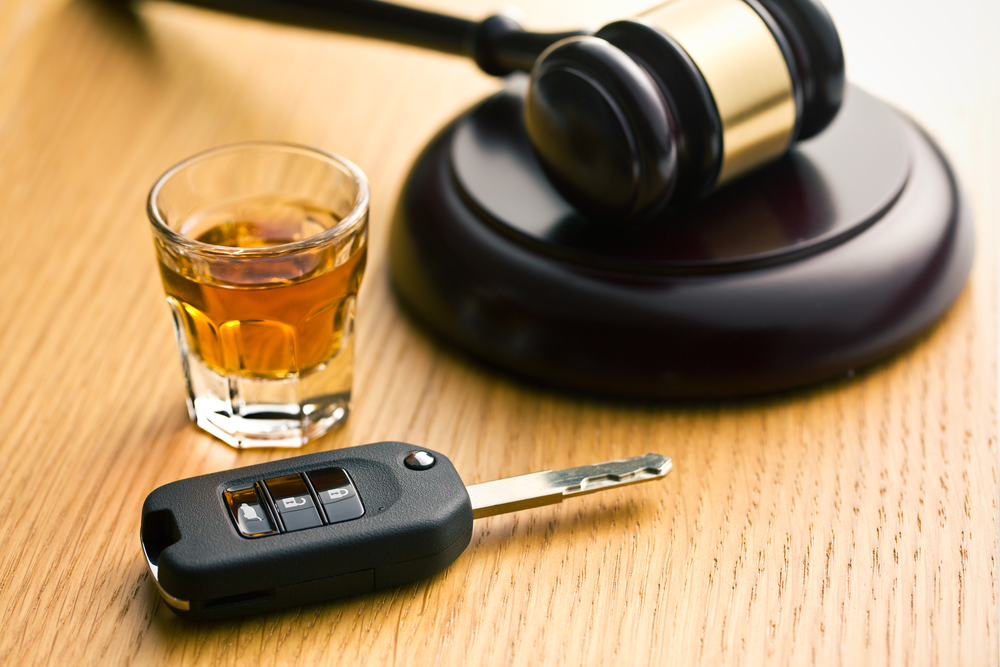OWI Lawyer
OWI (Operating While Intoxicated) and DWI (Driving While Intoxicated) are two of the most commonly confused terms when it comes to drunk driving laws. While the two charges may appear similar on the surface, there are some key differences between them. According to an OWI lawyer from Hall-Justice, the five main differences between OWI and DWI are:
Type of License
An OWI is Operating a Vehicle While Intoxicated, and generally applies to driving a vehicle such as a car or truck. A DWI, on the other hand, stands for Driving While Intoxicated, and typically applies to operating any kind of motorized vehicle, including boats, ATVs, and snowmobiles. The type of license an individual has determines which offense they are charged with, depending on what kind of vehicle they were operating. If someone is caught operating a boat while intoxicated, they will likely be charged with a DWI.
Severity of the Offense
The severity of an OWI or DWI offense varies widely depending on the jurisdiction, but in general an OWI is considered a lesser offense than a DWI. An OWI is usually a misdemeanor offense with a maximum punishment of up to one year in jail and/or a fine. On the other hand, a DWI can be a felony offense with penalties of up to five years in prison and/or a substantial fine. Some states also have enhanced punishments for DWIs, such as mandatory license suspensions, increased fines, and probation.
Amount of Alcohol
The main difference between an OWI and a DWI is the amount of alcohol in your system when you are stopped by law enforcement. An OWI, or operating while intoxicated, means that you have a blood alcohol concentration (BAC) of 0.08% or higher, while a DWI, or driving while intoxicated, has no set BAC limit. Depending on the state, if your BAC is above 0.05%, you could face a DWI charge even if you feel okay to drive. Additionally, some states have different levels of punishment for different BAC levels. It’s important to understand that even a small amount of alcohol can impair your driving abilities, and even with a BAC lower than 0.08%, you could be charged with an OWI.
State in which You Are Charged
The location of the incident will determine which law applies to you: OWI or DWI. In states such as Ohio, Iowa, and Wisconsin, the acronym OWI is used for all alcohol-related offenses. Other states such as North Carolina and Georgia use the acronym DUI instead. The punishments for both OWI and DUI offenses are determined by the severity of the offense and not the acronym used to describe it. Therefore, it is important to be aware of your state’s laws in order to understand which set of laws will apply to your case.
The Consequences
The consequences for an OWI and DWI conviction can be severe. An OWI is typically a civil infraction with lesser penalties than a DWI, which is usually a misdemeanor or felony. Penalties may include fines, jail time, probation, community service, alcohol awareness classes, and license suspensions or revocations. For an OWI, depending on the state, you may be eligible for a deferred prosecution program. This allows you to complete community service, educational programs and/or counseling in exchange for having the charges dismissed or reduced.
If you have been charged with an OWI, contact a lawyer near you for help.


